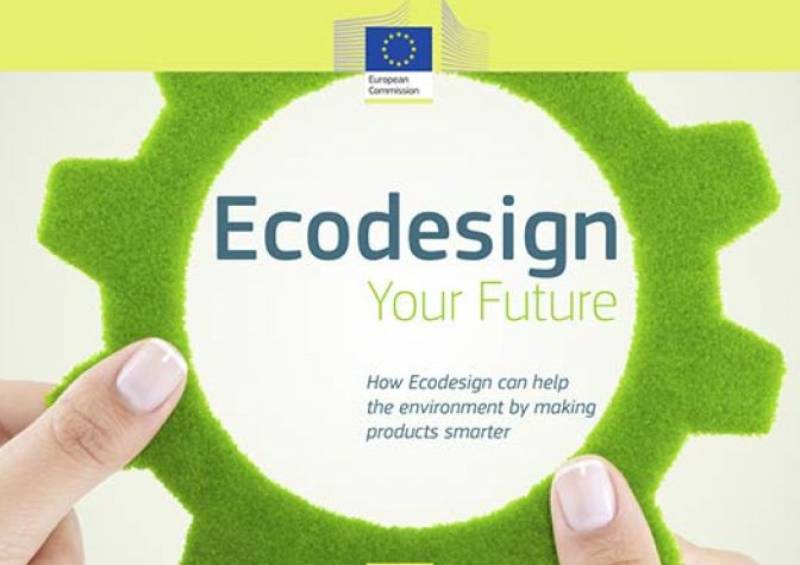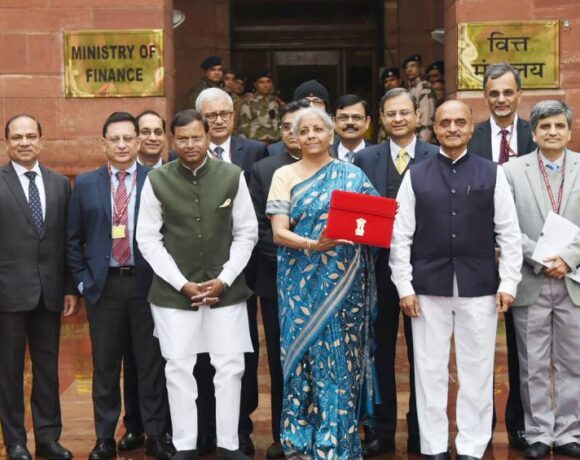EU Ecodesign Regulation Challenges Indian Exporters

The European Union’s new ecodesign regulation, which sets stringent sustainability requirements for all products in the bloc, is expected to impact Indian exporters, particularly smaller businesses. The regulation bans the destruction of unsold textiles and footwear, which could limit orders.
Issued a few weeks ago, the guidelines mandate product durability, reusability, and energy efficiency. This regulation is part of a broader effort that includes the carbon border adjustment mechanism and deforestation regulations.
The carbon border adjustment mechanism (CBAM) is seen as a unilateral move that may face challenges at the World Trade Organization (WTO). The ecodesign regulations will take effect 24 months after their publication in the official journal.
The European Commission may introduce similar bans for other products in the future. According to an official statement, “Certain products must comply with minimum requirements related to energy efficiency. These are called ecodesign requirements and aim to reduce the negative environmental impact throughout the product’s lifecycle,” the EU explained on its website.
“While the industry is adjusting to the new ESG (environmental, social, and governance) norms, sudden changes like these particularly affect small players,” said Mithleshwar Thakur, Secretary General at the Apparel Export Promotion Council. Thakur suggested that the government should address this issue during bilateral talks with the EU.
Another industry player described the regulation as a non-tariff barrier and urged the government to raise the concern during free trade negotiations, as these norms could negate the benefits of any tariff cuts being sought. The European Council has adopted the regulations with temporary exclusions for SMEs, but these are seen as insufficient.
“This new regulation replaces the existing ecodesign directive and broadens its scope to encompass all goods placed on the EU market, beyond just energy products. To encourage public purchase of green products, ecodesign criteria will be applied in public procurement. It will also align with the Digital Services Act for products sold online,” the EU statement said.
The regulation applies to a wide array of products, with exceptions such as cars and defense-related items. It introduces new requirements including product durability, reusability, upgradability, reparability, and energy and resource efficiency. Additionally, there are norms regarding substances that restrict circularity, recycled content, remanufacturing, recycling, and environmental footprints.















